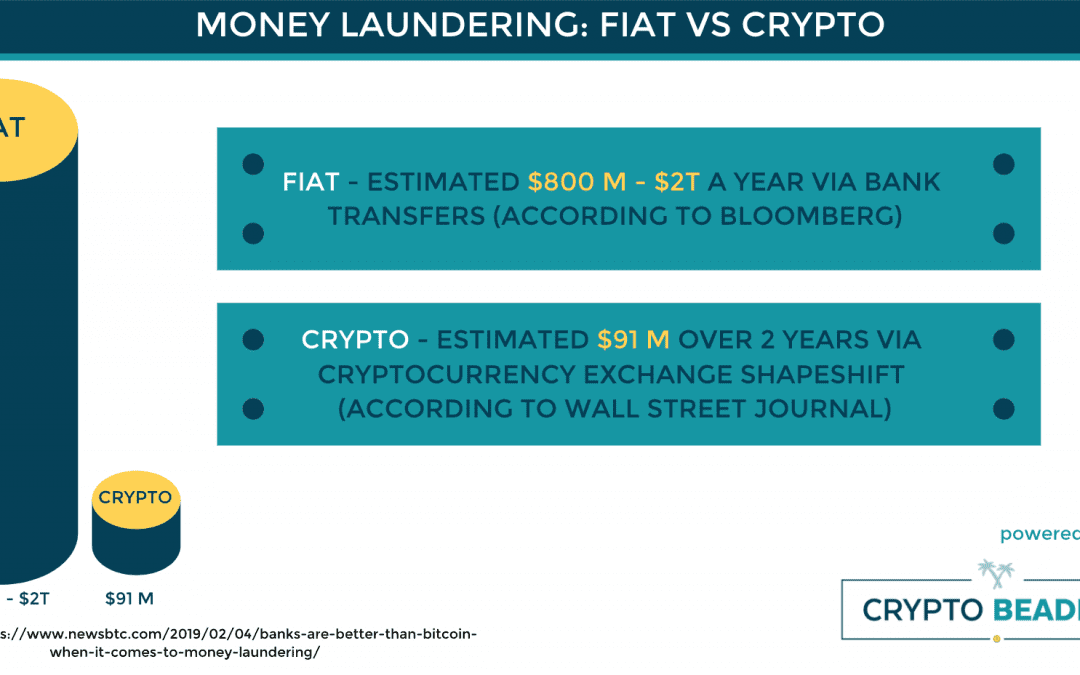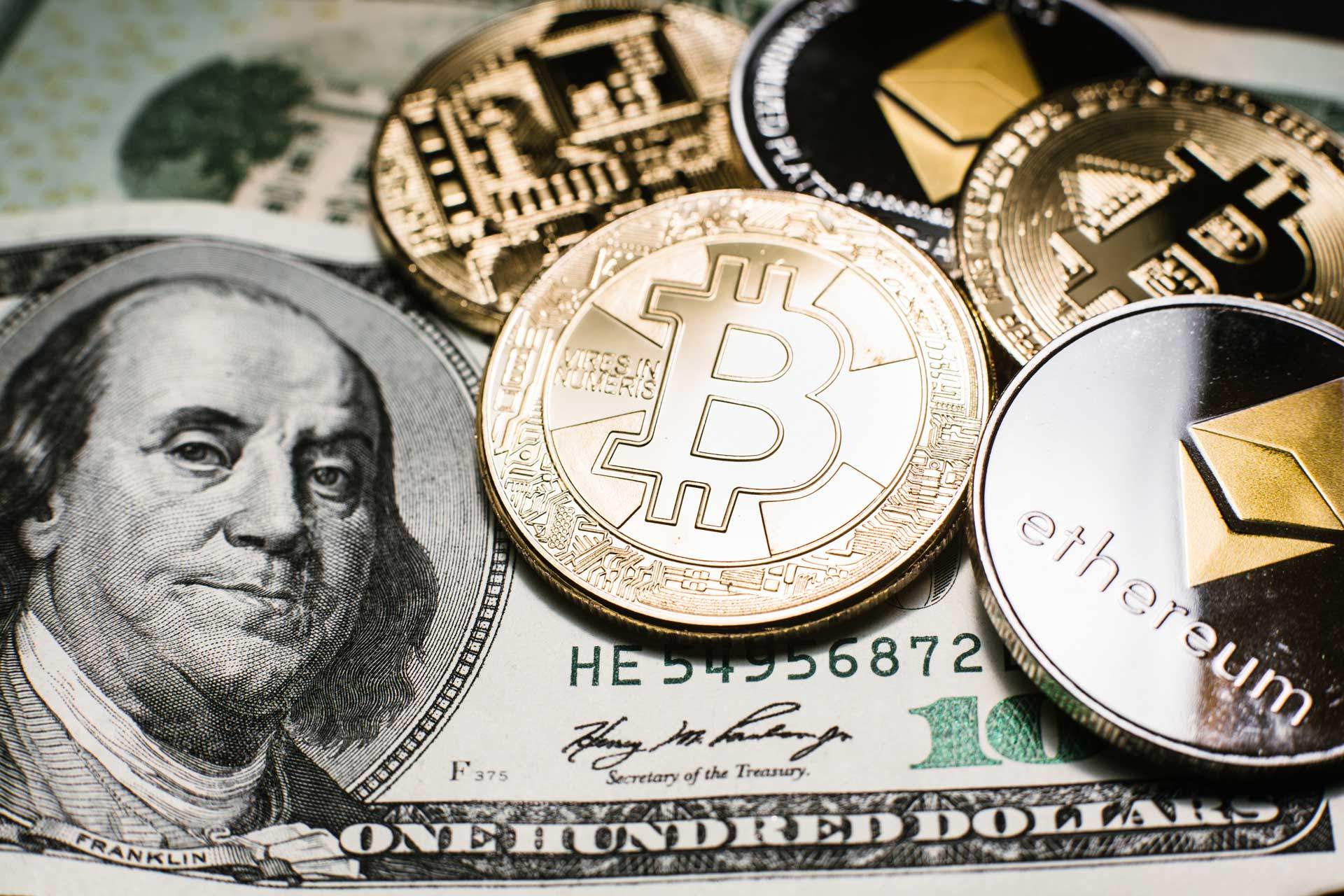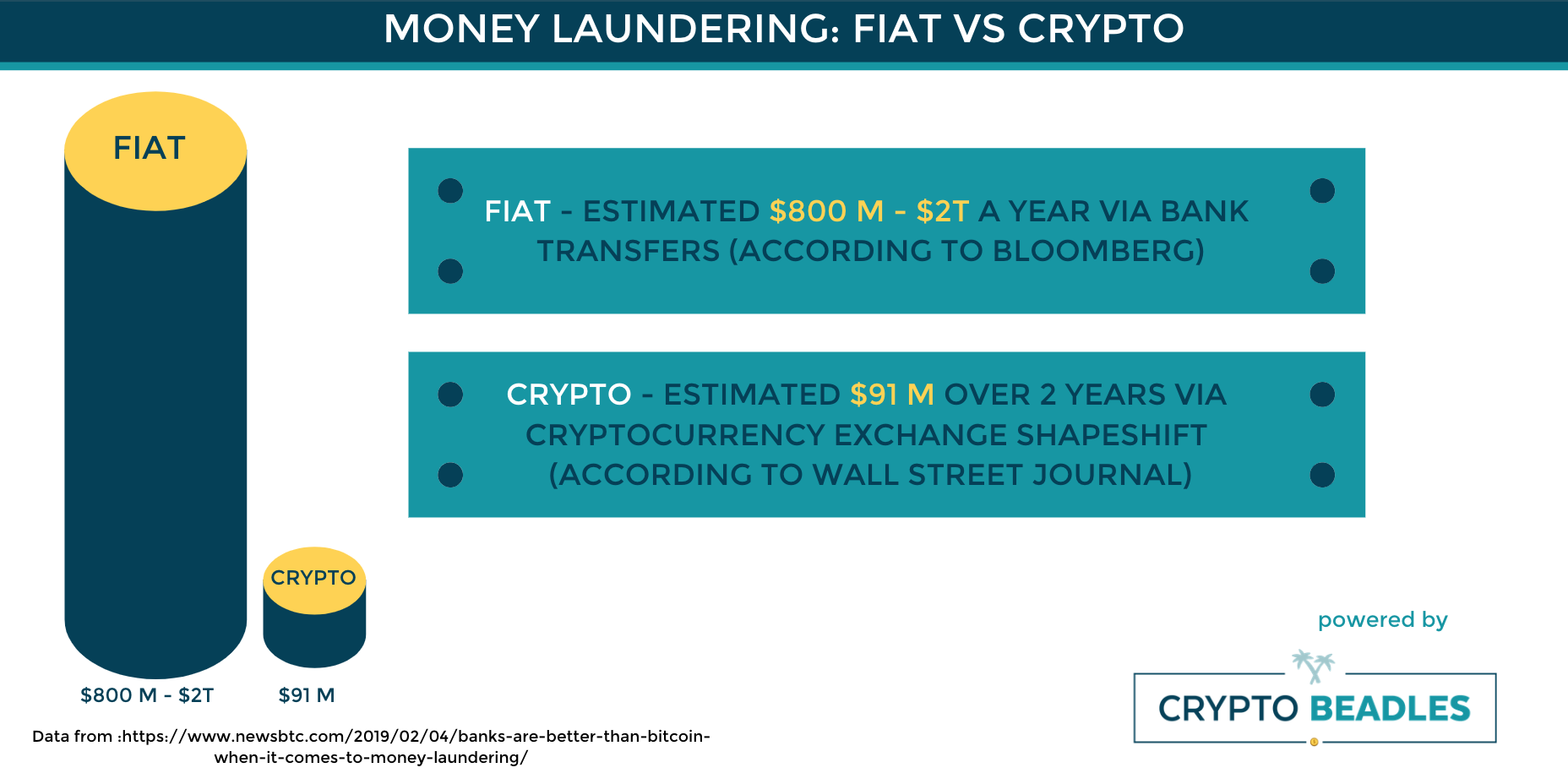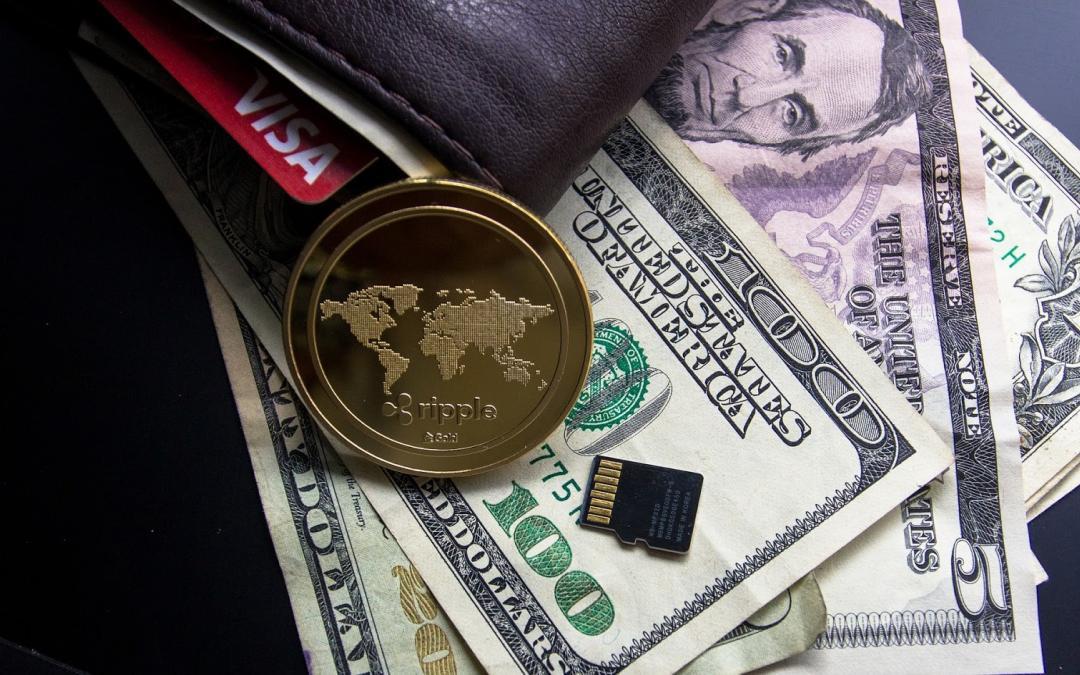
Securities & Cryptocurrency: Why Only Accredited Investors are Allowed to Purchase Securities in the USA
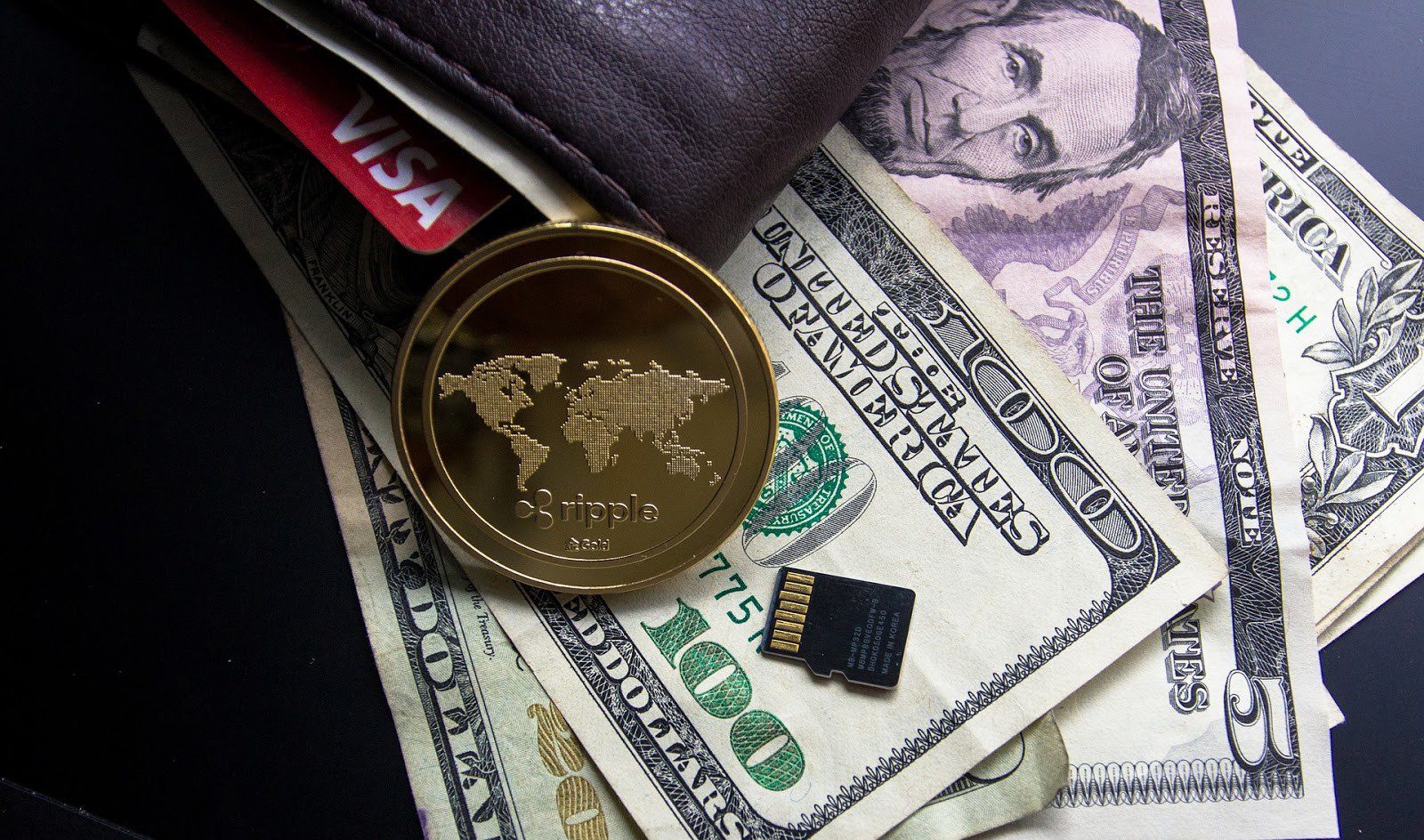
Securities & Cryptocurrency: Why Only Accredited Investors are Allowed to Purchase Securities in the USA
Disclaimer: This article is for entertainment and general information purposes only. We do not make any guarantees that the information provided in this article is accurate or up to date. Always consult the appropriate professional legal console/attorneys, financial advisors, and tax specialists before making any business or financial decisions. We are not professional console, attorneys, financial advisors or tax specialists and the information provided in our articles does not constitute advice or guidance pertaining to the subjects we post about. Do not make any decisions based on the information provided in this article as it may be inaccurate. You assume full risk if you decide to use any information from our website or this article for any purposes whatsoever. For full terms of service and policies please ensure you review them here:https://cryptobeadles.com/legal-policies/
Buying and selling securities is often a long, paperwork-driven process. The Securities and Exchange commission, SEC, typically requires all securities offered by companies to be registered. However, there is a catch. Companies and private funds can be exempt from registration as long as they are purchased by accredited investors.
Breaking Down Securities
A security is a fungible, tradable asset that holds some type of monetary value. Securities generally represent an investment that allows companies and other commercial enterprises to raise new capital. Securities are great for companies because they can raise new funds without a bank loan. They are also preferred by many in the public as a source for investment. Securities can be broadly broken down into two categories: equities and debts.
Equities are an ownership interest held by shareholders in an entity, realized in the form of capital stock. When you purchase an equity security, your stock represents a portion of the company that you “own.” When investors purchase a substantial amount of equity security in a single company, they can have influence over business decisions.
Holders of equity securities are not typically entitled to regular payments, but they do profit from capital gains when they eventually sell their securities.
A debt security represents money that is borrowed and must be repaid. Debt securities include items like corporate bonds and entitle the holder to regular interest payments.
While many securities fall into one of these categories, the system is not black and white. For example, not all cryptocurrencies are registered as securities. In 2018, the SEC announced established cryptocurrencies like Bitcoin are not securities. However, certain coins offered during initial coin offerings might actually be considered to be securities. Cryptocurrencies that are actually securities must follow the laws set in place by the SEC.
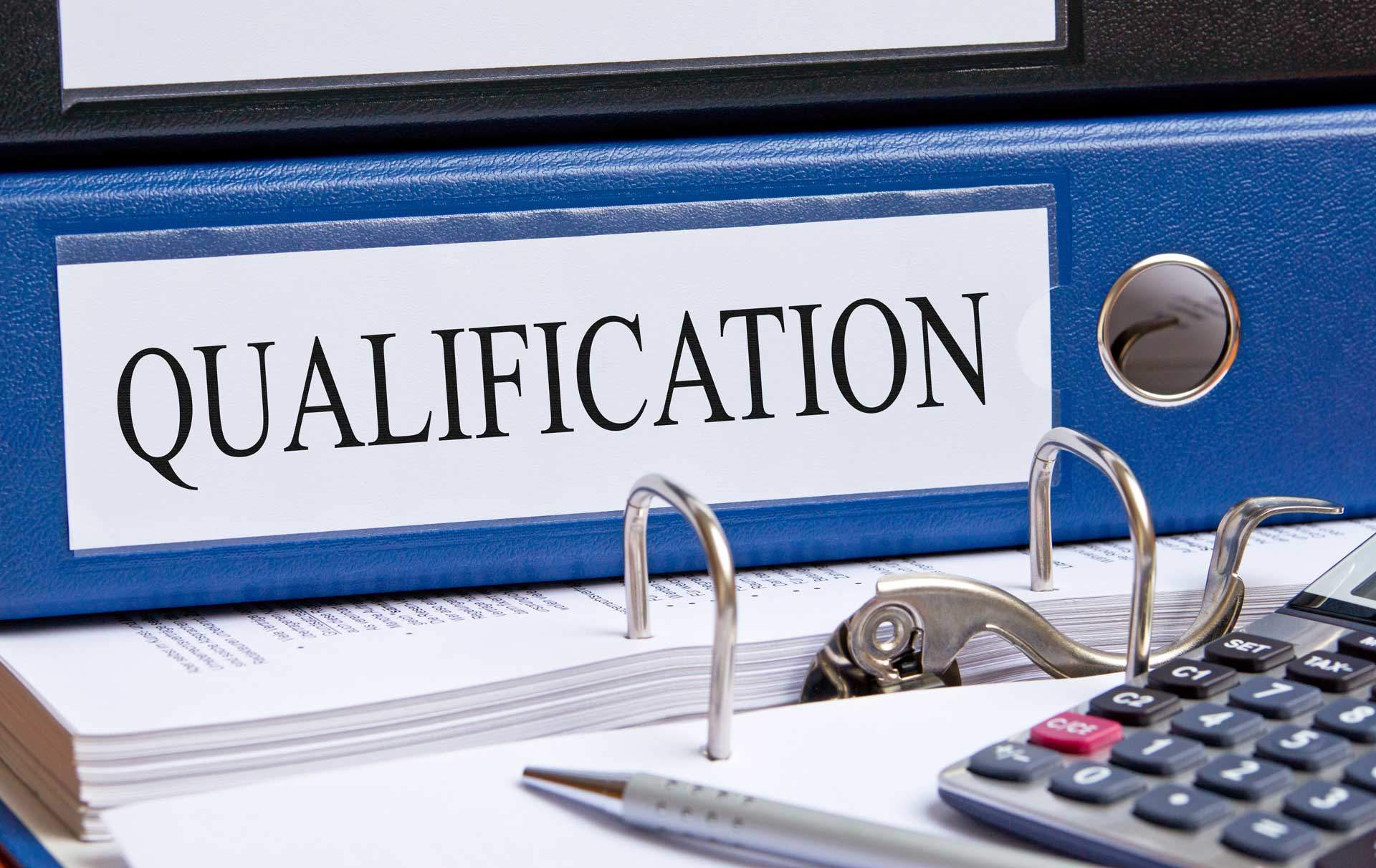
Who Qualifies as an Accredited Investor
Since some cryptocurrencies are registered as securities, you must be an accredited investor to purchase those digital coins.
Not just anyone can qualify to become an accredited investor. In order to qualify, one of two conditions must be met. First, you as an individual must earn a yearly income of $200,000 on you own, or $300,000 when combined with your spouse. You must maintain this high-level income for at least three concurrent years. Second, you must have a net worth greater than $1 million, excluding your primary residence. These strict qualifications are set in place to protect you as an investor.
Individuals are not the only people who can become an accredited investor. Banks and private businesses can become accredited, but they have to meet a different set of standards.
There is no formal agency or process to secure this coveted status. Instead, the issuer of unregistered securities is liable for ensuring the purchaser meets the standard to be an accredited investor. Many issuers have a questionnaire that they have purchasers fill out. The questionnaire is often supported by various complementary documents, such as financial statements, salary slips or a letter from an attorney verifying accredited investor status.
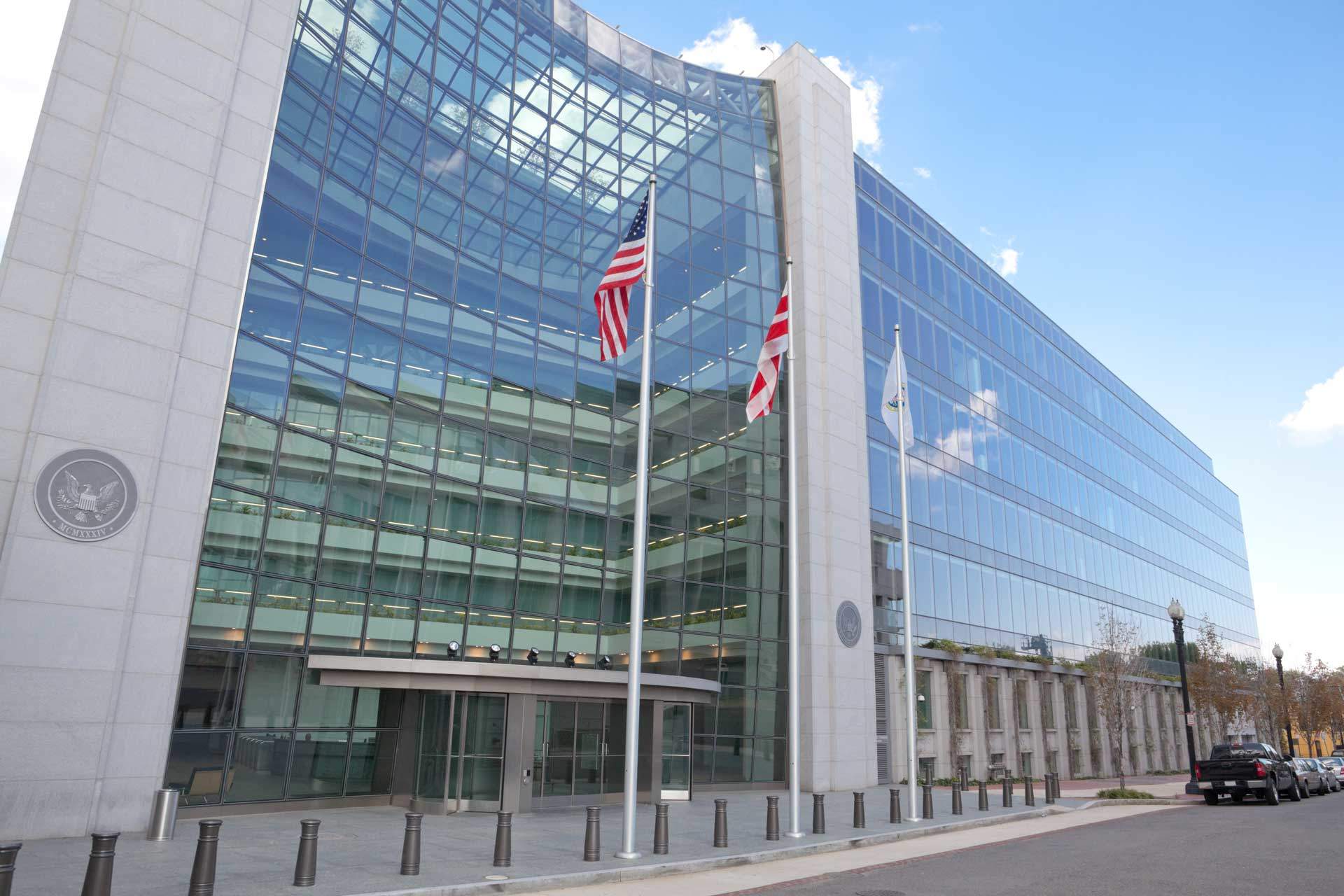
Where the SEC Comes In
You may be wondering, why doesn’t the SEC have a registry for accredited investors? Instead of verifying every accredited investor, the SEC relies on businesses to do their due diligence to ensure investors purchasing unregistered securities are accredited.
The SEC has a three-part mission: protect investors; maintain fair, orderly and efficient markets, and facilitate capital formation. It was created at the height of the Great Depression in an attempt to keep the stock market from crashing again.
The SEC was established with the passing of the Securities Act of 1933 and the Securities Exchange Act of 1934. Since its creation, the SEC has been striving to meet two common-sense notions: companies offering securities for sale to the public must be transparent, and those who sell and trade securities must treat investors fairly.
The SEC is made up of five divisions that oversee different sectors. These divisions include:
- Division of Corporate Finance, which ensures investors have all the necessary information to make the right investment decisions
- Division of Enforcement, which enforces SEC regulations by investigating cases and prosecuting civil suits
- Division of Investment Management, which regulates investment companies
- Division of Economic and Risk Analysis, which uses financial economics and data to analyze the current and future market fluctuation
- Division of Trading and Markets, which maintains standards for fair and orderly markets
Instead of spending time and money registering each accredited investor, the SEC relies on businesses to ensure their security sales are legitimate. If the SEC smells a fishy sale, the Division of Enforcement will investigate and recommend charges if necessary.
Limits on Certain Securities
You don’t have to be an accredited investor to purchase every type of securities. If you did, most Americans wouldn’t qualify to take part in the stock exchange. So why are there limits on certain securities?
Simply put – it’s the law. Under the Securities Act of 1933, the SEC requires companies to register their securities. When companies register securities, they disclose important financial information. This information allows investors to make informed decisions about the securities in which they are investing.
Since unregistered securities have not gone through this process, investors may not be fully informed about the security they are pouring money into. Unfortunately, this can lead to investments going south – fast. For an Average Joe, this can cause one’s financial situation to deteriorate. If a large portion middle class Americans lost their investments, the economy could quickly tank, sending America into a recession – or worse – another depression.
That’s where accreditation comes in. To qualify for accreditation, you need to prove you have a significant financial cushion. This way, if the deal does go under, you will still be in a stable enough financial situation to maintain your economic habits.
Repercussions for Selling to Non-Accredited Investors
Under Rule 506(b), companies are allowed to have up to 35 non-accredited investors. However, most businesses will tell you letting any non-accredited investors into your circle is extremely complicated.
When you sell a non-registered security to an accredited investor, you are not required to register any information about the security. However, once you add non-accredited investors into the equation, even under 506(b), your paperwork requirements skyrocket.
When non-accredited investors purchase securities, you are required by law to comply with detailed and comprehensive disclosure obligations. These disclosures are generally the same used in a registered offering. By that logic, it may make more sense for your company to simply register the security, so any investor can take part in the sale.
Part of the draw of non-registered securities is they are high risk – high reward. Investors may lose a lot of money, which is the purpose of the financial requirements, but they might also make a lot of money. Only time will tell if the investment will pan out.
When companies disclose information through registered offerings, the risk is often dramatically dropped. Investors are made starkly aware of the company’s financial situation. If the financial situation is dire, they may decide it is too risky to invest, even if the company projects better times on the horizon.
Disclosure is not the only reason companies tend to stay far, far away from non-accredited investors. While you are allowed to have up to 35 non-accredited investors, any more could cause financial and legal trouble for your business.
The Enforcement Division of the SEC investigates and recommends actions against securities law violations. If the SEC suspects your company has been selling unregistered securities to non-accredited investors, you can become the subject of a long, intense investigation.
All SEC investigations are conducted privately to ensure they are completed to the best of the agency’s ability. The division interviews witnesses, examines brokerage records, and reviews trade data to complete a thorough investigation. Following the investigation the SEC staff presents its findings to the Commission for review.
Once the Commission reviews the evidence, there are a few paths forward. The most common is companies confess to their actions and settles with the SEC without going to trial. This typically results in a monetary penalty. If a settlement cannot be reached between the SEC and the company, then the SEC can take civil or administrative action.
If civil action is the best path forward, the SEC will file a complaint with a U.S. District court. The commission will ask the court for an injunction, which will prohibit your company from any further acts that violate SEC rules. In addition, the SEC will seek monetary penalties and will make you return any illegal profits made from the invalid security sales. Although these are civil trials, they can extend into criminal trials if any company employee is found in contempt of court. The typical outcome of these trails is monetary fines or jail time.
Administrative action still involves a judge, but has less severe punishments. Administrative proceedings are heard by an administrative law judge that listens to evidence before making an initial decision. The initial decision includes a recommended sanction, which can include:
- Cease and desist orders
- Suspension of broker-dealer and investment advisor registrations
- Censures
- Bars from association with the securities industry
- Monetary penalties
- Disgorgement
Brokers and Investors Outside of the United States
If you do not qualify as an individual accredited investor, you aren’t automatically excluded from the inner circle. Instead, you have to rely on brokers. Brokers are people or companies that engage in transactions on behalf of an individual investor.
Most brokers are multi-billion dollar corporations that work tirelessly to ensure you get the most out of your investment. Afterall, if your investment fails they don’t get paid. They have the knowledge and financial backing to qualify as accredited investors.
As accredited investors, they can purchase unregistered securities on your behalf. You likely won’t reap the full benefits of the high-risk reward because your broker will take some of the profits. However, if you are set on investing in unregistered securities but can’t make the financial requirements, this is your best option.
For people living outside of the United States, security investments are a hot ticket. The U.S. remains the largest single recipient of Foreign Direct Investments, FDI, in the world. In 2017 over $259.6 billion was spent on U.S. FDI.
With so much foreign interest in security investment, the SEC has placed regulations on foreign investments. However, with so many investors, the SEC generally assesses each investor on a case-by-case basis.
As a general rule of thumb, if you are an American living outside of the United States, but still want to invest in the country, you are subject to the same regulations as any other American investor. This means you must be an accredited investor to purchase unregistered securities.
If you are a broker or dealer that operates in the United States for foreign investors, you are required to register with the SEC. Similarly, if you are a foreign broker-dealer from outside of the United States that trades U.S. securities, you have to register with the SEC.
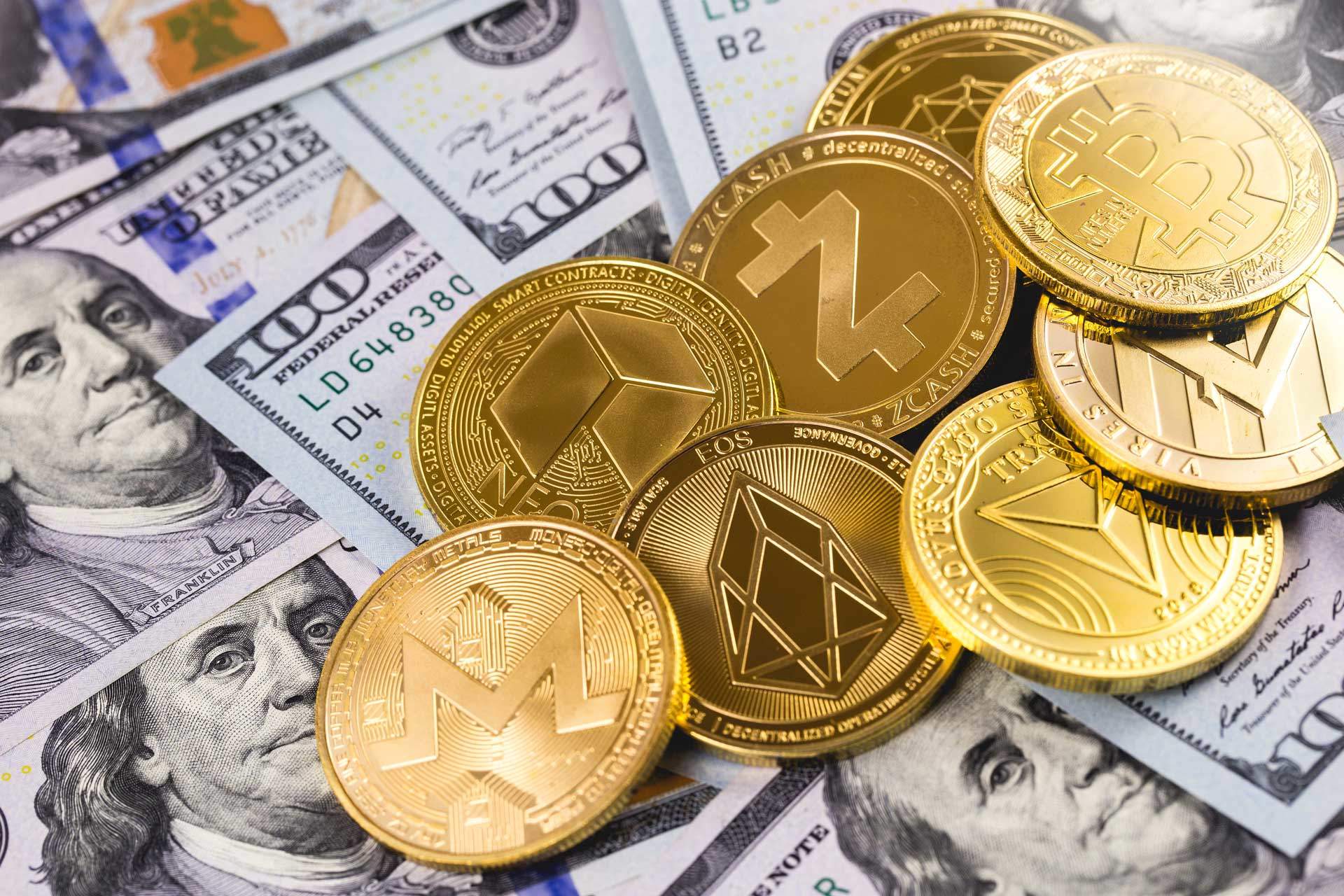
Where Cryptocurrency Falls
Cryptocurrencies are a new form of investment. Created in 2008 with the first being Bitcoin, this type of digital currency has quickly grown in popularity. While this industry was once considered a wild west, the SEC has started to crack down on cryptocurrencies as a form of securities.
Long established companies like Bitcoin are not subject to SEC regulations. However, newer companies are expected to comply with SEC regulations with crypto tokens.
When a cryptocurrency company is established, it begins by selling crypto tokens as Initial Coin Offerings, also known as ICOs. These are basically a type of stock for cryptocurrencies.
When a developer starts a crypto company, they issue a limited amount of tokens. These tokens can either have a predetermined price, or can fluctuate as the company grows. When a company starts selling these tokens, depending on the definition and type of asset they are selling, they might have to register them with the SEC as securities. There are certain cryptocurrencies that have actual utility and don’t act like investments. These typically aren’t classified as securities, but the regulations could change. These crypto assets are typically called utility tokens or utility coins.
Although the SEC has started regulating blockchains, the industry is still trying to figure out its footing. As the industry grows, regulations may expand with it.
If you liked this article and found it informational or maybe you learned something new or have a better understanding about why certain companies like Monarch Blockchain Corporation require only Accredited Investors to purchase their Security Token, but also allow non-accredited KYC application approved people to partake in their Utility Token Generation Sale, be sure to share this article with a friend or on your social media accounts.
Also, if you’d like to learn more about blockchain technologies, cryptocurrencies and how the industry is growing and changing, be sure to subscribe to Robert Beadles YouTube Channel Called CryptoBeadles. You can view his Channel here: https://www.youtube.com/cryptobeadles.
Robert also has an avid community he talks with regularly on his Telegram channel. You can join the conversion Too! Join the Crypto Beadles Telegram Channel here: https://t.me/Cryptobeadlesgroup

